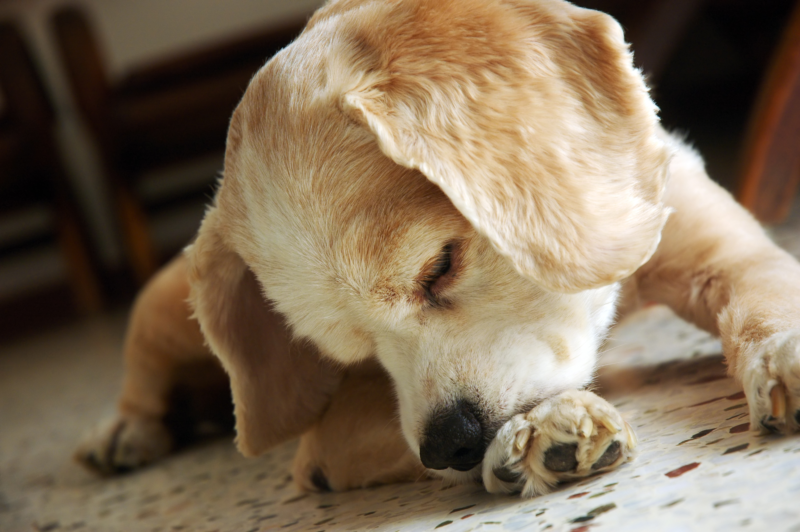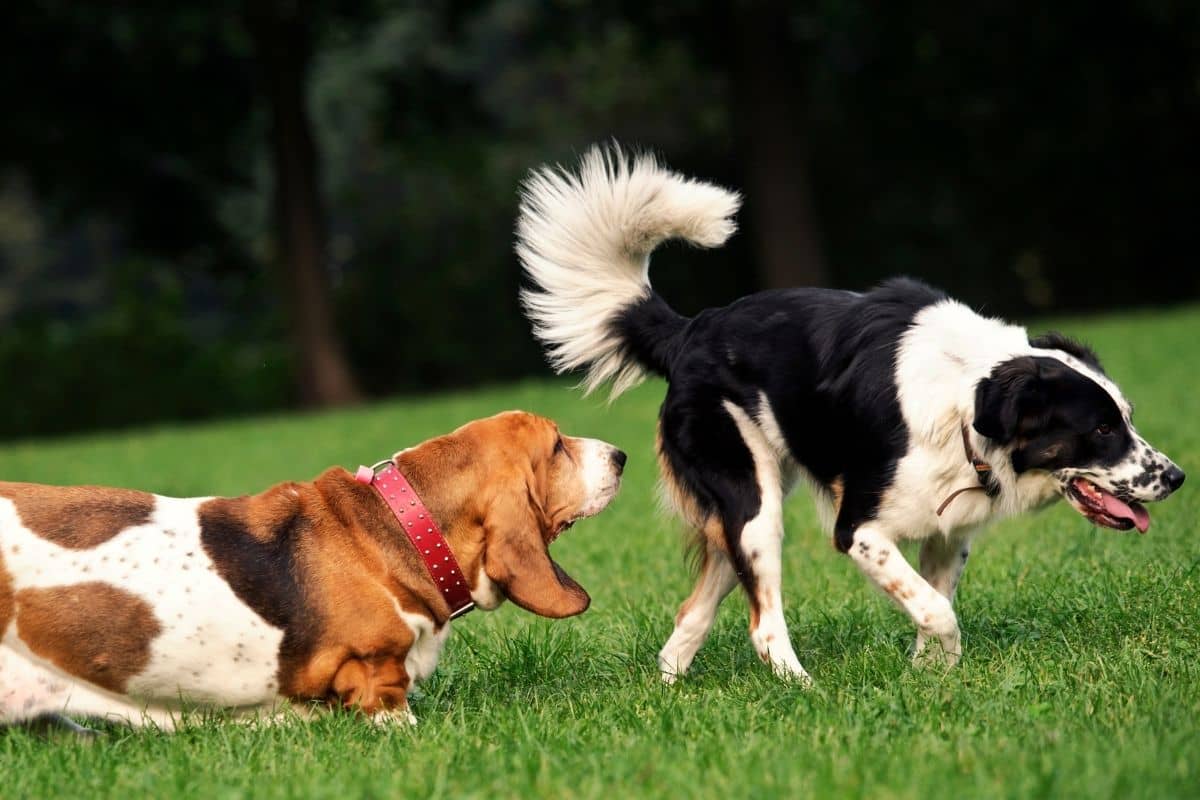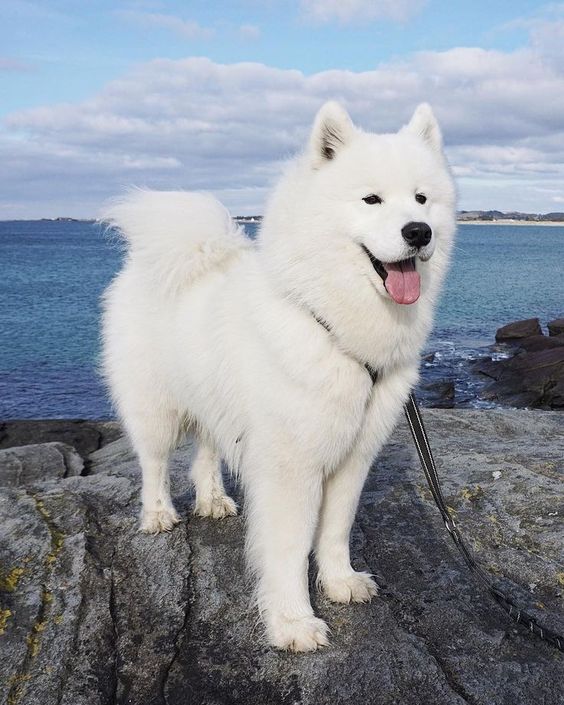If you’ve noticed your dog constantly chewing on his paws, you may be wondering why this behavior is occurring and how to address it effectively. Paw chewing can be a distressing habit for both dogs and their owners, but it’s important to understand the underlying causes to provide appropriate solutions. In this comprehensive guide, we’ll explore the various reasons why dogs chew their paws and offer practical tips to help you address this issue. Let’s dig in!
Allergies and Irritations
One common reason why dogs chew their paws is due to allergies or irritations. Dogs can be allergic to certain foods, environmental factors like pollen or dust mites, or even specific ingredients in grooming products. When dogs experience itching or discomfort, they often resort to chewing their paws as a way to relieve the irritation.
Solutions:
- Consult your veterinarian: If you suspect allergies, seek veterinary advice to help identify the specific allergen through testing. Your vet may recommend dietary changes, prescribe medication, or suggest hypoallergenic grooming products to alleviate the symptoms and reduce paw chewing.
- Keep paws clean: Regularly clean your dog’s paws with a gentle, pet-safe cleanser to remove any potential irritants or allergens they may have come into contact with during walks or playtime.
Dry Skin or Dermatitis
Dry skin or dermatitis can cause itching and discomfort, leading to excessive paw chewing. Just like humans, dogs can experience dry skin due to various factors, such as weather conditions, low humidity, or frequent bathing with harsh shampoos.
Solutions:
- Moisturize the paws: Apply a pet-friendly moisturizing balm or coconut oil to your dog’s paws to help soothe dryness and reduce itching.
- Use gentle shampoos: Opt for mild, moisturizing shampoos specifically formulated for dogs. Avoid using human shampoos or those containing harsh chemicals that can strip the natural oils from your dog’s skin.
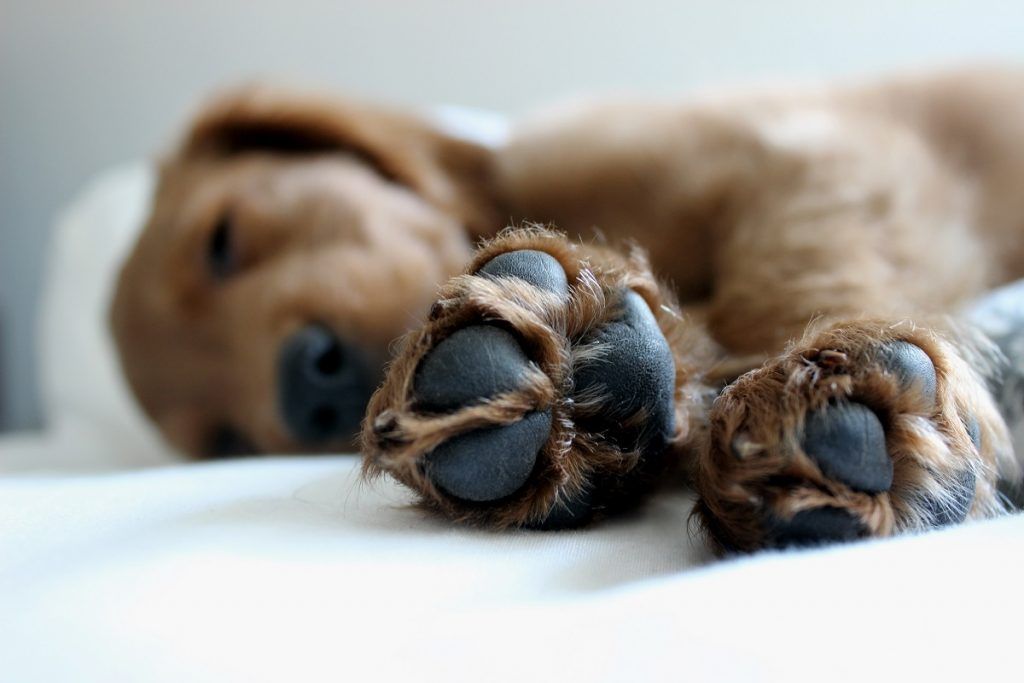
Anxiety and Stress
Dogs may chew their paws as a way to cope with anxiety or stress. Just like humans, dogs can experience emotional distress due to various factors such as separation anxiety, changes in their environment, or fear of loud noises.
Solutions:
- Create a calm environment: Provide a safe and comfortable space for your dog where they can retreat and relax when they feel anxious. Consider using calming aids such as pheromone diffusers or soothing music specifically designed for dogs.
- Implement positive reinforcement training: Reward calm behavior with treats and praise to help your dog associate relaxation with positive experiences. In more severe cases of anxiety, consult with a professional dog trainer or behaviorist who can provide specialized guidance.
Boredom or Lack of Mental Stimulation
Dogs that are bored or not receiving enough mental stimulation can resort to paw chewing as a way to release pent-up energy.
Solutions:
- Increase exercise and playtime: Make sure your dog is getting enough physical exercise through regular walks, runs, or play sessions. Engage them in interactive games or provide puzzle toys to keep their minds occupied.
- Rotate toys and activities: Introduce new toys and rotate them regularly to prevent boredom. This will keep your dog engaged and less likely to resort to destructive chewing behaviors.
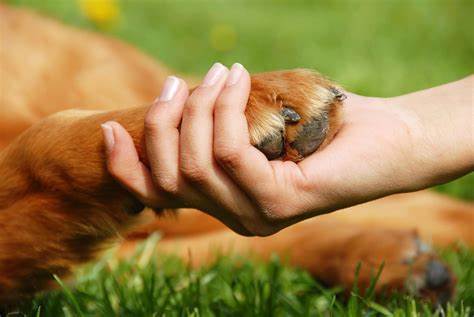
Medical Conditions
In some cases, excessive paw chewing may be a symptom of an underlying medical condition that requires veterinary attention. These conditions can include:
- Parasites: Fleas, ticks, or mites can cause intense itching, leading to paw chewing.
- Infections: Bacterial or fungal infections can create discomfort and irritation, resulting in paw chewing.
- Injuries or foreign objects: Cuts, scrapes, or splinters on the paw can lead to persistent chewing.
Solutions:
Consult your veterinarian: If you suspect a medical condition, it’s crucial to seek professional advice. Your veterinarian can conduct a thorough examination, perform necessary tests, and prescribe appropriate medication or treatment to address the underlying issue.
Conclusion
Understanding why your dog is chewing his paws is the first step in finding an effective solution. Allergies, dry skin, anxiety, boredom, and medical conditions can all contribute to this behavior. By identifying the root cause and implementing the appropriate solutions, you can help your dog find relief and prevent further paw chewing. Remember to seek veterinary guidance when necessary, and provide a loving and supportive environment for your furry companion.
